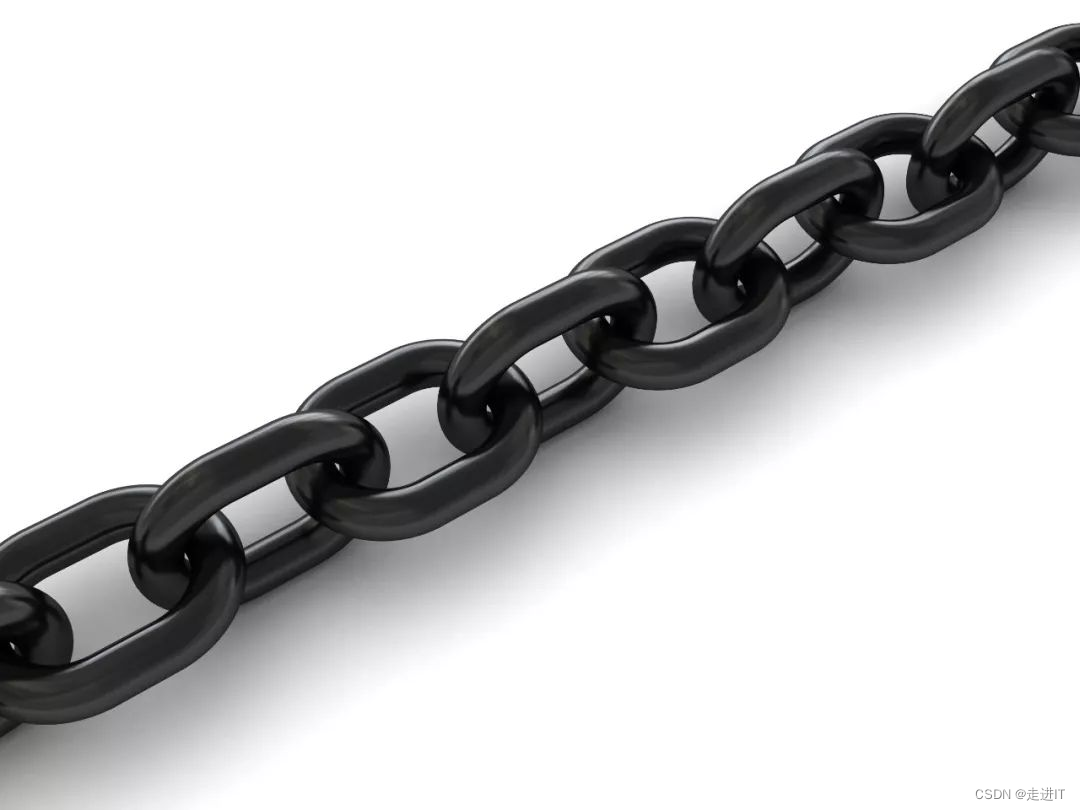第1关 — 碱基序列里特定碱基比例的计算
1、任务描述
双链DNA分子中,G、C碱基对所占比例越高,其稳定性越强。编写一个lex描述文件,计算指定碱基序列里G、C碱基的比例。
2、编程要求
完成上述编程任务,将C语言源程序复制粘贴到右侧代码编辑器,点击“评测”按钮,运行程序,系统会自动进行结果对比。
3、测试说明
平台会对你编写的代码进行测试:
测试输入:
ACGTTGATCGGAATCTTCGT预期输出:0.450测试输入:
TTACGGTACCAATGCTAATGCCTA预期输出:0.417
4、代码
#include <stdio.h>
#include <string.h>int main()
{char dna[100];scanf("%s", dna);int length = strlen(dna); int gcCount = 0; for(int i = 0; i < length; i++){if(dna[i] == 'G' || dna[i] == 'C') gcCount++;}double ratio = (double)gcCount / length; printf("%.3f", ratio);return 0;
}第2关 — 文本串里单词、数字和符号的识别
1、任务描述
编写一个lex描述文件,识别出指定文本串里的单词、数字和符号(空格不作处理)。
2、编程要求
完成上述编程任务,将C语言源程序复制粘贴到右侧代码编辑器,点击“评测”按钮,运行程序,系统会自动进行结果对比。
3、测试说明
平台会对你编写的代码进行测试:
测试输入:
using namespace std; int main() {int year = 2022;cout << "hello" << endl;return 0; }预期输出:
using 单词 namespace 单词 std 单词 ; 符号 int 单词 main 单词 ( 符号 ) 符号 { 符号 int 单词 year 单词 = 符号 2022 数字 ; 符号 cout 单词 < 符号 < 符号 " 符号 hello 单词 " 符号 < 符号 < 符号 endl 单词 ; 符号 return 单词 0 数字 ; 符号 } 符号
4、代码
#include<stdio.h>
#include<string.h>
#define maxn 10000char str[maxn];
void fun(char str[]);
int main() {int i = 0;while ((str[i] = getchar()) != EOF) {i++;}str[i] = '\0';fun(str);return 0;
}void fun(char str[]) {for (int j = 0; str[j] != '\0'; j++) {if (str[j] >= '0' && str[j] <= '9') {while (str[j] >= '0' && str[j] <= '9') {putchar(str[j]);j++;}j--;printf(" 数字\n");continue;} if ((str[j] >= 'a' && str[j] <= 'z') || (str[j] >= 'A' && str[j] <= 'Z')){while ((str[j] >= 'a' && str[j] <= 'z') || (str[j] >= 'A' && str[j] <= 'Z')){putchar(str[j]);j++;}j--;printf(" 单词\n");continue;} if (str[j] == ' '||str[j] == '\n'||str[j]==' '){continue;} putchar(str[j]);printf(" 符号\n");}}第3关 — 简易计算器的实现
1、任务描述
编写一个yacc描述文件,实现具有加法和乘法功能的计算器。
2、编程要求
完成上述编程任务,将C语言源程序复制粘贴到右侧代码编辑器,点击“评测”按钮,运行程序,系统会自动进行结果对比。
3、测试说明
平台会对你编写的代码进行测试:
测试输入:
5*7+2预期输出:37测试输入:
9+3*6预期输出:27
4、代码
#include "task1-3.tab.h"
#include <stdio.h>
#include <stdlib.h>
#include <ctype.h>int calculate(int a, int b, char op) {switch(op) {case '+':return a + b;case '-':return a - b;case '*':return a * b;case '/':if (b != 0) return a / b;else return 0;default:return 0;}
}int calculate_expression(char** s) {char op[2];int num, stack[100], top = -1;while (**s && **s != ')') {if (isdigit(**s)) {sscanf(*s, "%d", &num);stack[++top] = num;while (isdigit(**s))(*s)++;}if (**s == '+' || **s == '-' || **s == '*' || **s == '/') {sscanf(*s, "%s", op);if ((*op == '*' || *op == '/') && isdigit(*(*s+1))) {int nextNum;sscanf(*s+1, "%d", &nextNum);stack[top] = calculate(stack[top], nextNum, *op);while (isdigit(*(*s+1)))(*s)++;}else if (top > 0) {int right = stack[top--];int left = stack[top--];stack[++top] = calculate(left, right, *op);}}if (**s == '(') {(*s)++;stack[++top] = calculate_expression(s);(*s)++;}(*s)++;}while (top > 0) {int right = stack[top--];int left = stack[top--];stack[++top] = calculate(left, right, '+');}return stack[0];
}int calculate_expression_with_parentheses(const char* expression) {char* s = (char*)expression;return calculate_expression(&s);
}int main() {char expression[100];fgets(expression, 100, stdin);printf("%d\n", calculate_expression_with_parentheses(expression));return 0;
}



